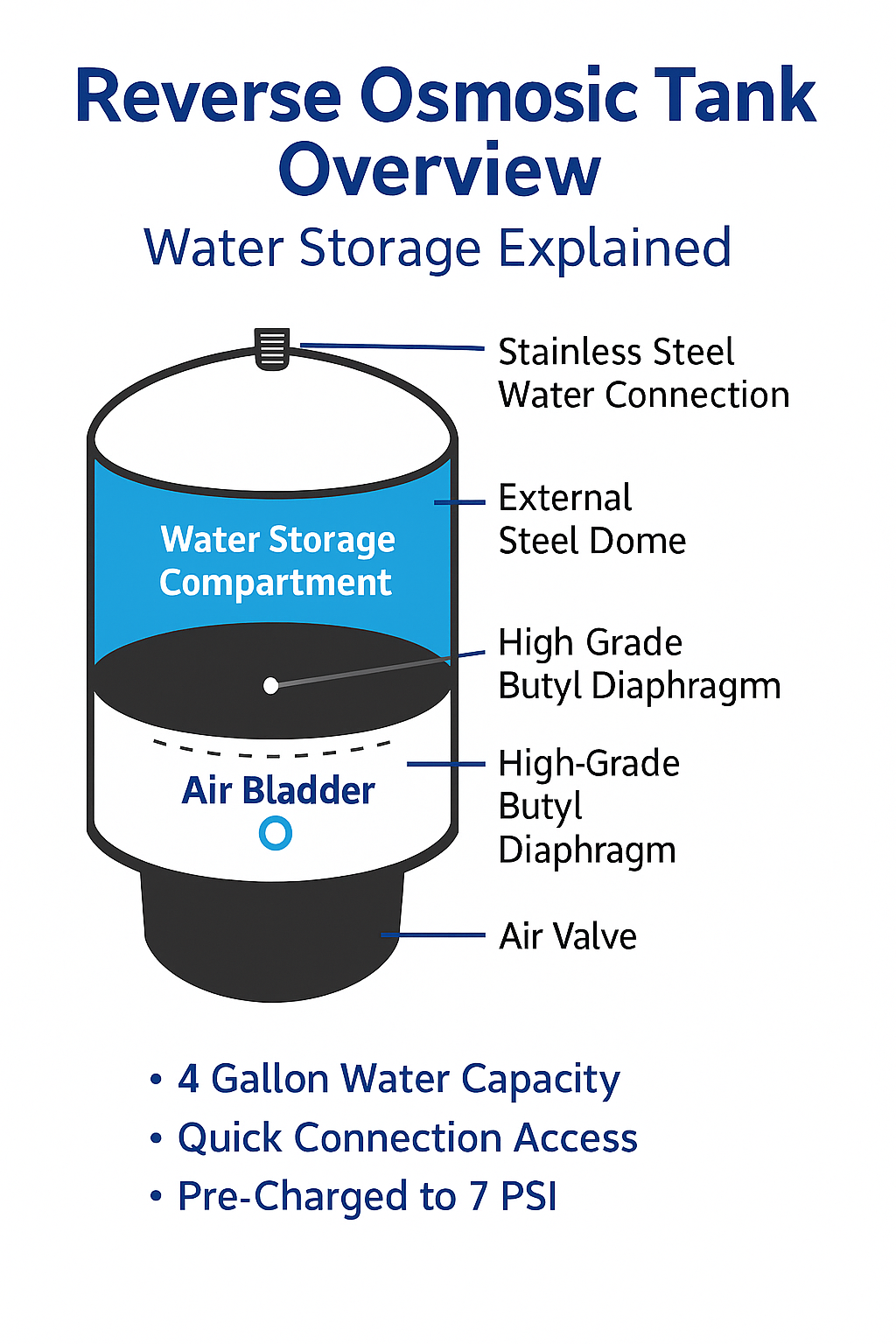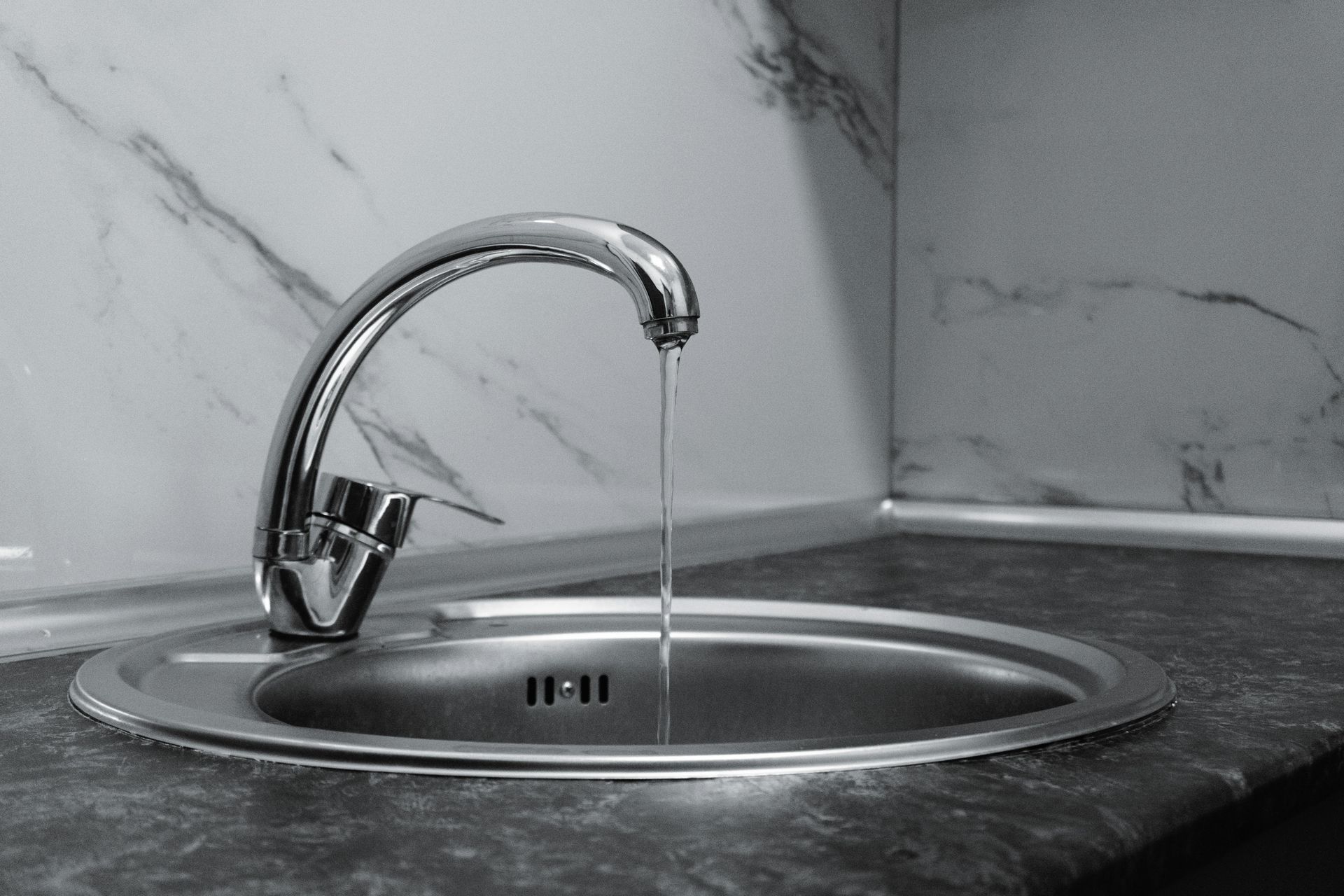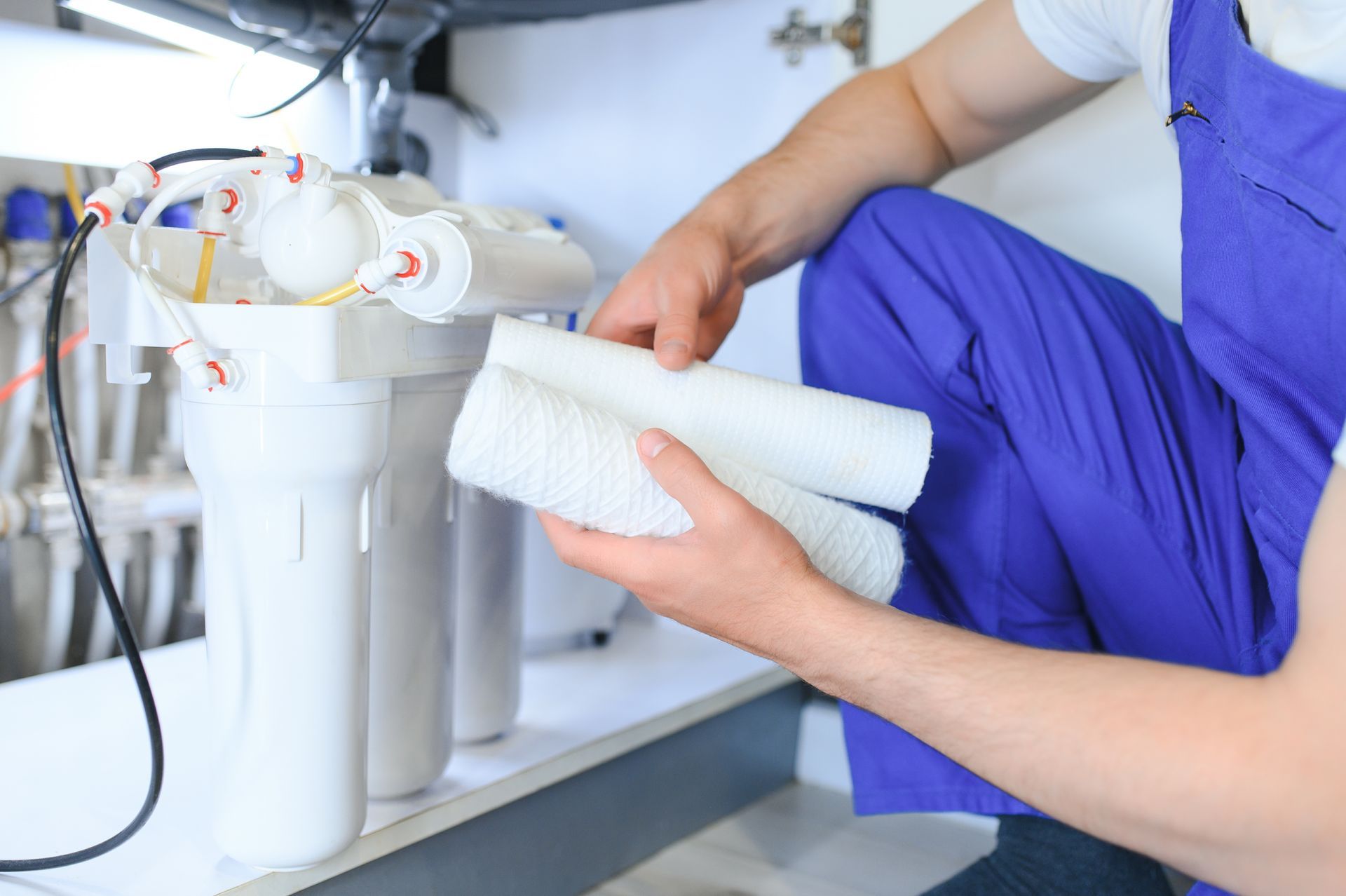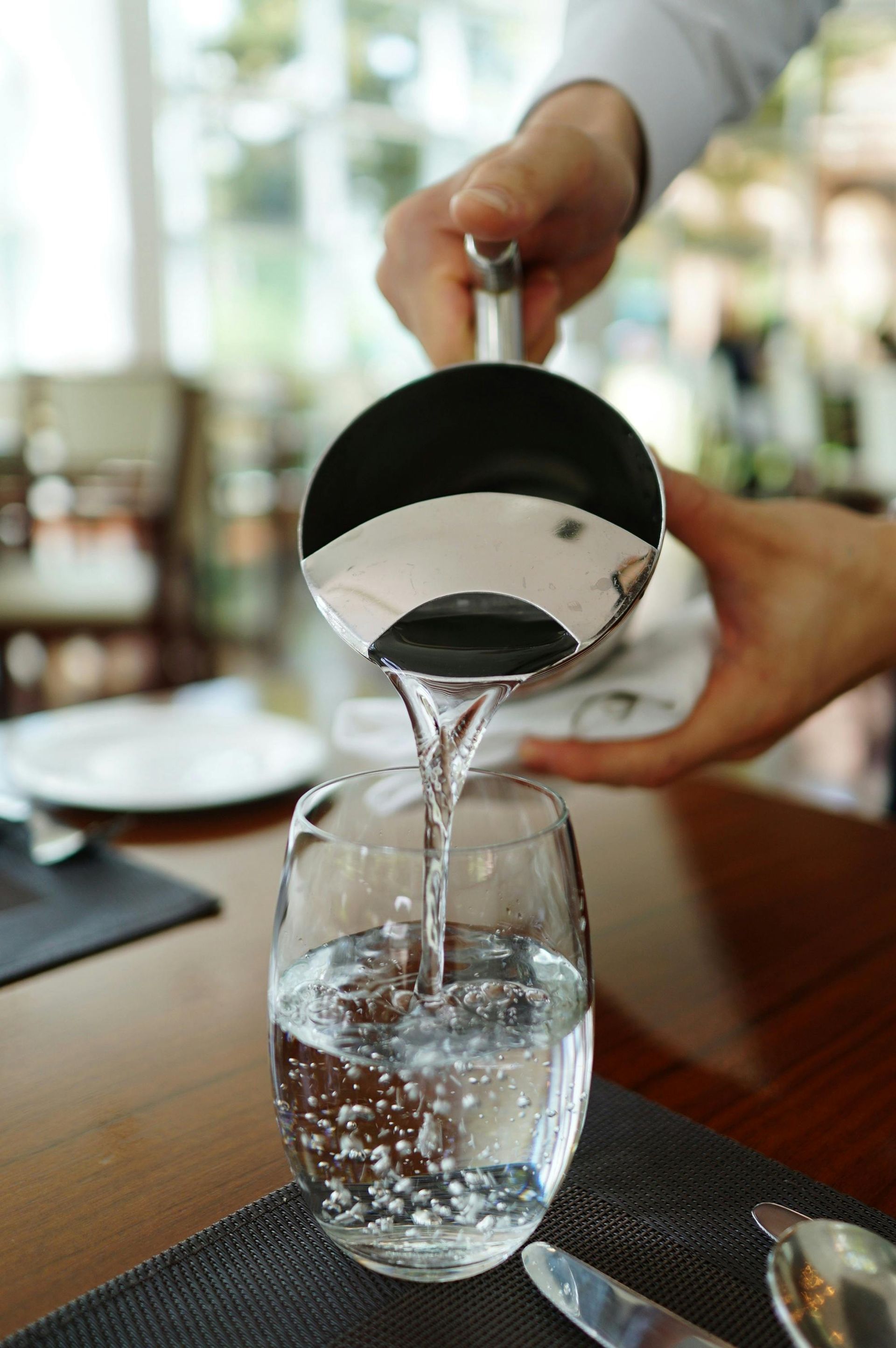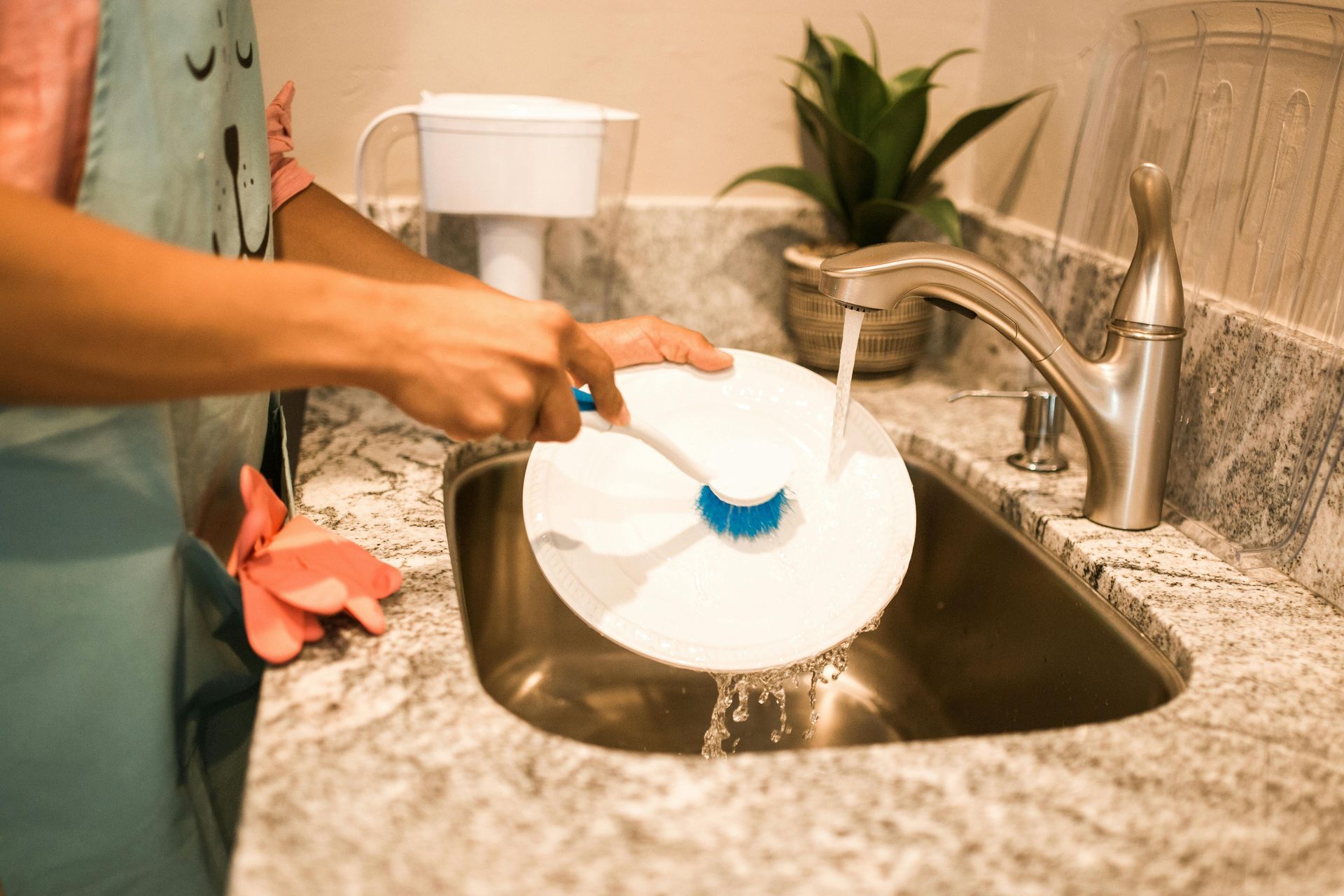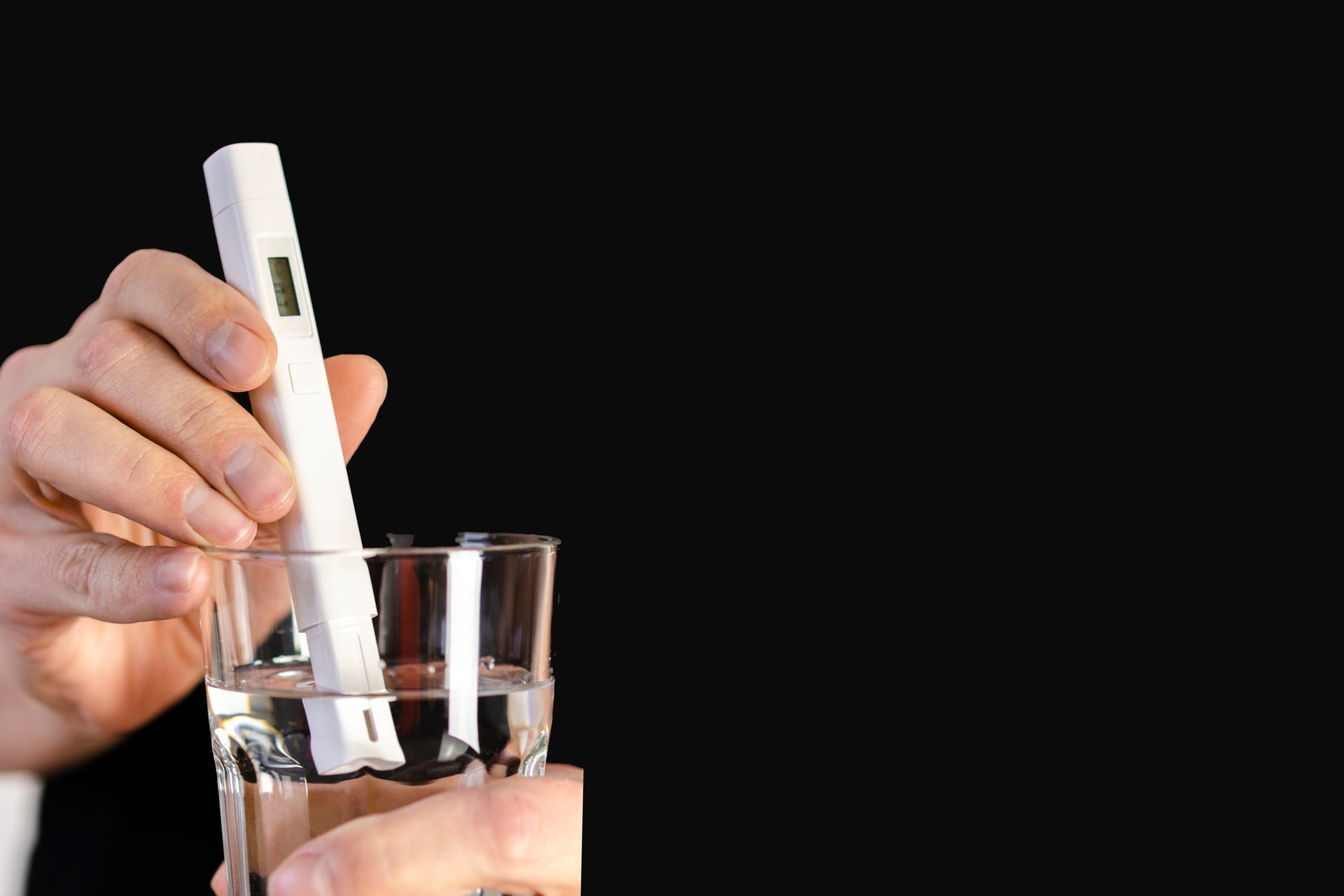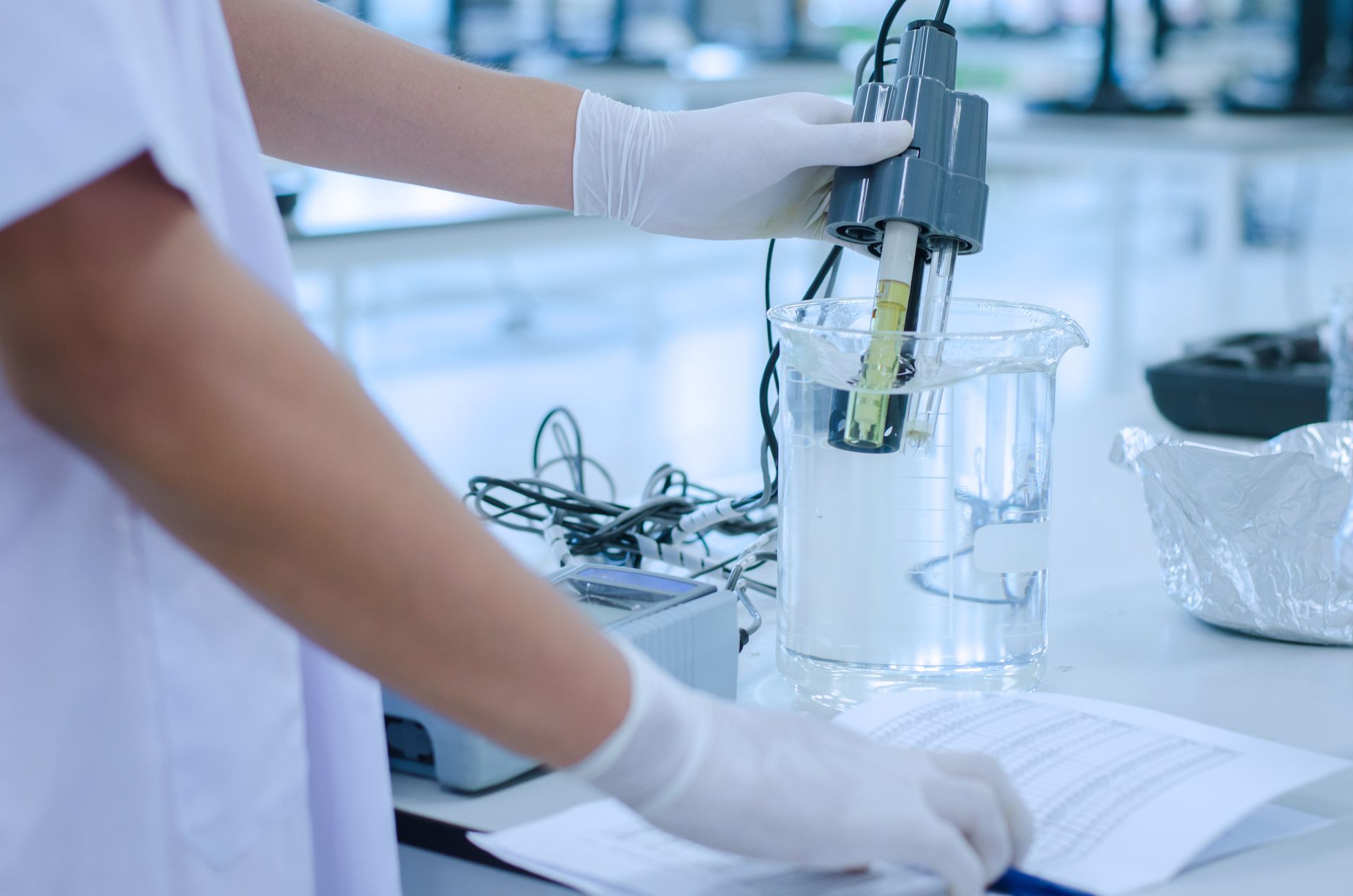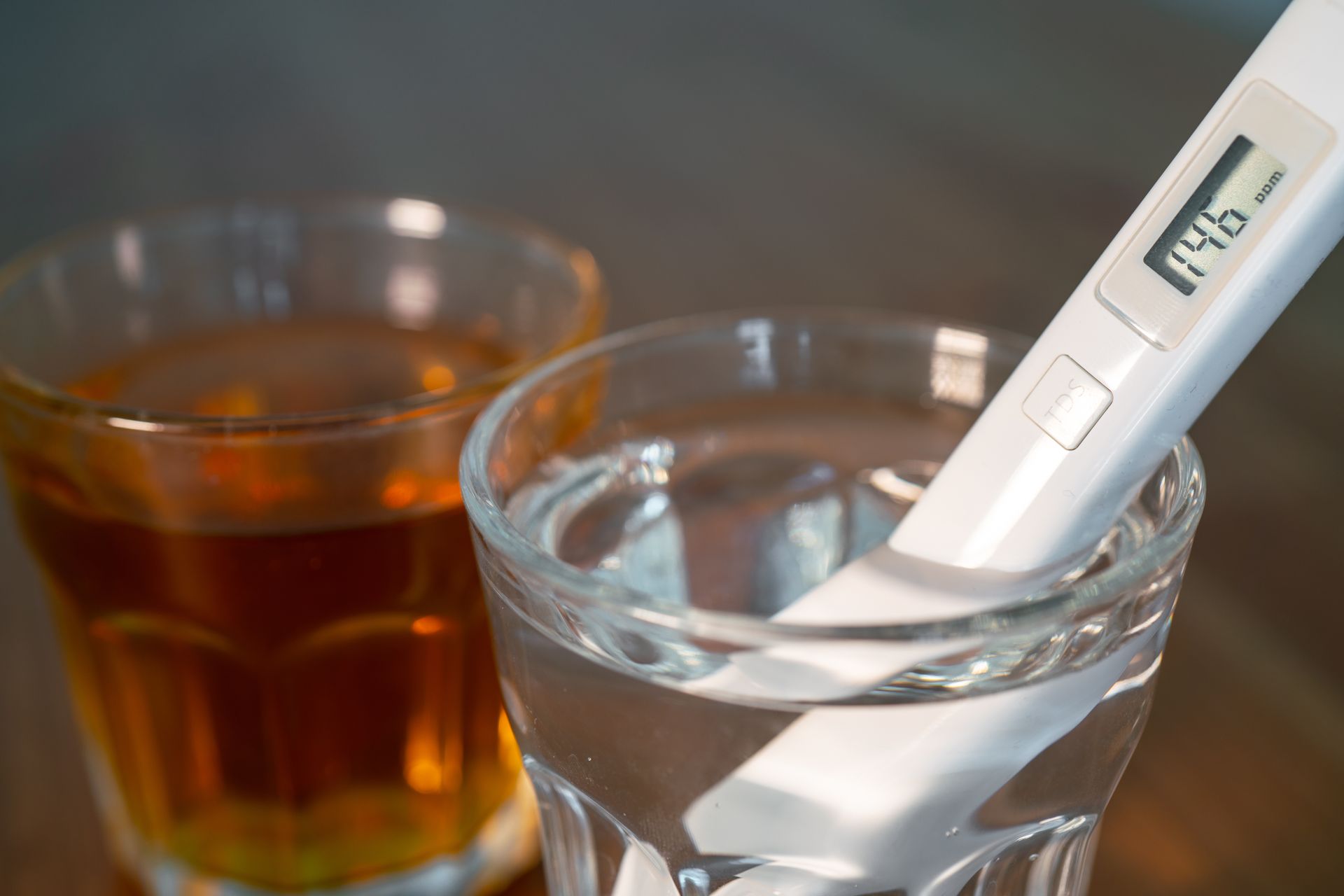Primary Solutions Consulting
Affordable Water Softener Systems for Houston Homeowners
If you live in Houston, you already know our water can be a little… tough. Literally. Hard water is a common problem across Texas, and it can quietly cause headaches that range from soap scum in your shower to a higher electric bill. Luckily, the solution is simple and affordable — the right home water softener system can make a world of difference.
In this guide, we’ll explore why
affordable water softener systems are worth every penny, how
high-efficiency water softeners can save you money in the long run, and what to look for when choosing a system for your Houston home.
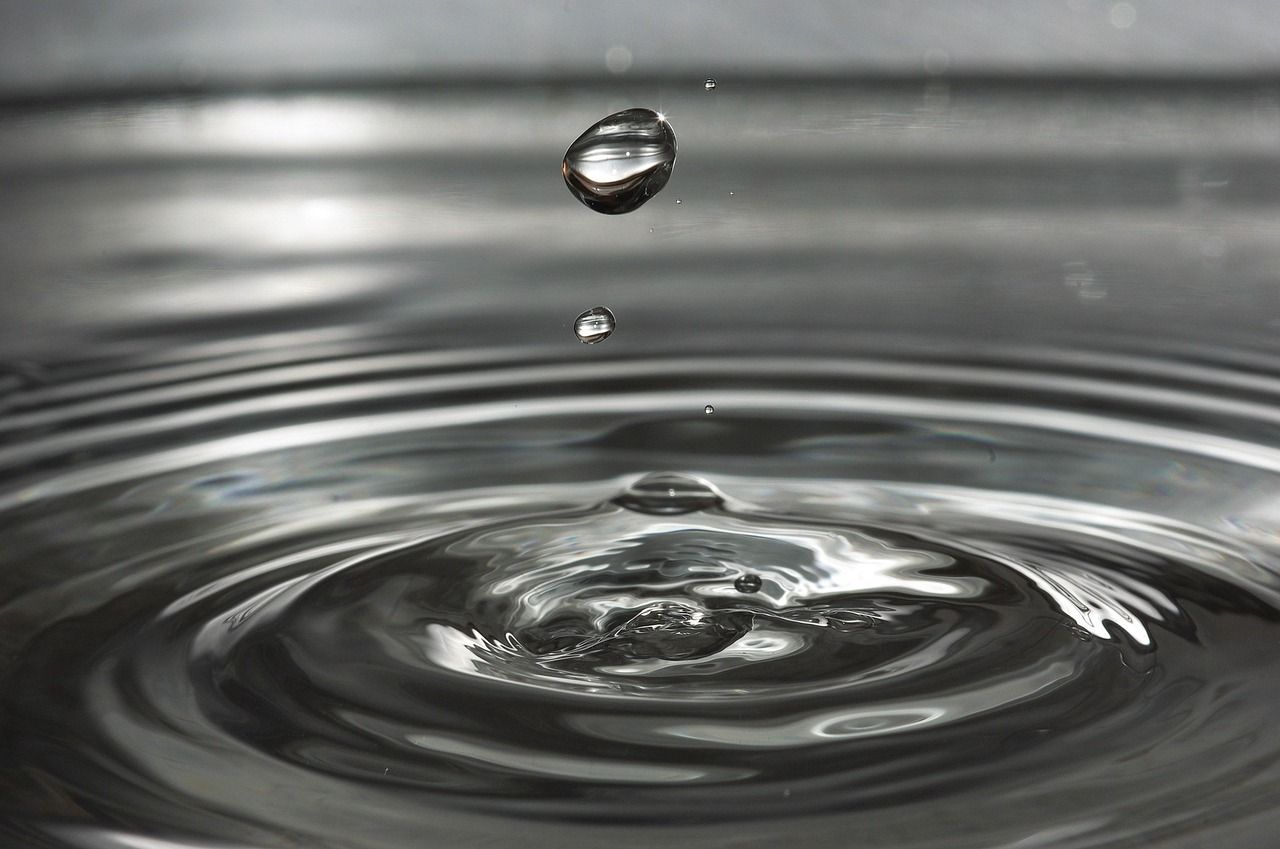
Understanding Hard Water in Houston: What’s Really Going On?
You’ve probably seen the signs — that chalky residue on your faucets, cloudy glassware right out of the dishwasher, or that film that seems to stick to your skin no matter how much you rinse. That’s hard water at work.
Hard water is packed with calcium and magnesium minerals. While not dangerous to drink, these minerals can build up in your plumbing, reduce water pressure, damage appliances, and make cleaning a frustrating chore.
Common Signs You Have Hard Water
- Soap Scum Everywhere – That sticky residue in your shower or sink? Yep, hard water.
- Stiff Laundry – No matter how much fabric softener you use, clothes feel rough.
- Low Water Pressure – Mineral buildup narrows pipes, slowing down your flow.
- Appliance Issues – Water heaters and dishwashers struggle when minerals coat their insides.
- Dull Hair and Dry Skin – Your body feels the effects too. Hard water can leave hair lifeless and skin itchy.
When you add up all these annoyances, it’s easy to see why more and more homeowners are investing in
affordable water softener systems in Houston.
Why You Need a Home Water Softener System in Houston
Think of a home water softener system as your secret weapon against mineral mayhem. These systems replace calcium and magnesium with sodium or potassium through a process called ion exchange. The result? Softer, cleaner, and more efficient water flowing through every tap in your home.
The Benefits Are Hard to Ignore
- Cleaner Dishes and Laundry: No more cloudy glasses or stiff towels. Your detergents work better with soft water.
- Longer-Lasting Appliances: Hard water can cut appliance life in half. A softener keeps them running efficiently.
- Healthier Skin and Hair: Softer water means less residue on your skin and hair, which helps retain natural moisture.
- Lower Utility Bills: Hard water buildup forces water heaters to work harder, using more energy. A softener saves both energy and money.
- Better Home Value: Potential buyers love homes with modern
high-efficiency water softeners already installed.
If you’re still washing dishes by hand to avoid white spots or replacing your showerhead every year, it might be time to soften things up at home.
Choosing an Affordable Water Softener System That Works for You
Now that you know why you need one, the next question is: what type of water softener is right for your home? Luckily, there are several affordable options that don’t sacrifice performance.
Common Types of Water Softener Systems
- Salt-Based Ion Exchange Systems: These are the most common. They remove minerals and replace them with sodium. Great for most Houston homes.
- Salt-Free Systems: Instead of removing minerals, they prevent buildup using a process called template-assisted crystallization (TAC). Ideal for those who want low maintenance and no salt.
- Dual-Tank Systems: Perfect for larger families. When one tank regenerates, the other provides soft water so you never run out.
- Magnetic and Electronic Descalers: These are the tech-savvy options that use magnetic fields to alter how minerals behave. While less effective than traditional systems, they can be budget-friendly.
When choosing, it’s important to balance
affordability,
efficiency, and
maintenance needs. That’s where professional advice comes in handy.
High-Efficiency Water Softeners: Saving Money While Saving Water
It might sound strange to spend money to save money, but that’s exactly what high-efficiency water softeners do. These advanced systems use less salt, less water, and regenerate only when necessary.
Why High-Efficiency Systems Are Worth It
- Lower Water Waste: Traditional systems regenerate on a timer, wasting water even when it’s not needed. High-efficiency models regenerate based on actual usage.
- Reduced Salt Consumption: Less salt means fewer trips to the store and less maintenance overall.
- Eco-Friendly Operation: These systems minimize environmental impact by conserving both water and energy.
- Quiet and Compact Designs: Newer systems are smaller and run quietly in the background, making them perfect for modern homes.
Yes,
high-efficiency water softeners cost a little more upfront, but they pay for themselves through energy savings, reduced maintenance, and longer-lasting plumbing.
The Real Cost of Doing Nothing About Hard Water
Sometimes homeowners hesitate because they think a water softener is just an “extra.” But the reality? Doing nothing is what actually costs you more.
Let’s Break Down the Hidden Costs of Hard Water:
- Appliance Replacement – Hard water can cut your dishwasher’s life by up to 30%.
- Energy Use – Mineral buildup in your water heater can increase energy costs by 20–30%.
- Plumbing Repairs – Scaling can clog pipes and damage fixtures, leading to expensive repairs.
- Extra Cleaning Supplies – You’ll need more detergent, soap, and cleaner to get the same results.
If you add it up, an
affordable water softener system pays for itself in just a few years — and you get softer skin and shinier faucets as a bonus.
Simple Maintenance Tips to Keep Your Water Softener in Top Shape
Even the best home water softener systems need a little TLC to stay efficient. Luckily, maintenance is easy and doesn’t take much time.
Key Maintenance Tips
- Check Salt Levels Monthly: Keep the salt tank at least half full for optimal performance.
- Clean the Brine Tank Annually: Prevent salt bridges and sludge buildup with a yearly cleanout.
- Inspect for Leaks and Blockages: Look for salt crusts or damp spots that could signal a problem.
- Schedule Professional Servicing: A qualified technician can inspect and optimize your system yearly.
Taking care of your system ensures it keeps taking care of you — and your plumbing.
Call the Experts for Affordable Water Softener Systems in Houston
Softer Water, Happier Home — Let’s Get Started
Don’t let hard water keep running your household. If you’re ready to enjoy the benefits of an affordable water softener system, the team at Primary Solutions Consulting is here to help. We specialize in home water softener systems designed for Houston’s unique water conditions, offering long-term value and reliable performance for every family and budget.
Call us today at
(832) 788-9938 to schedule your consultation. We proudly serve
Houston, TX, and surrounding areas, helping homeowners find simple, cost-effective ways to improve their water quality. In addition to water softeners, we also provide
water testing and
water filtration systems to cover all your clean water needs. Let’s make every drop in your home feel better — for you, your family, and your appliances.
FAQs
Are water softeners expensive to run?
Not at all. Most affordable water softener systems use minimal salt and water, especially modern high-efficiency models. The savings in energy and repairs often outweigh operating costs.
Does softened water taste salty?
No. The sodium added during the ion exchange process is minimal and not noticeable in taste. It’s safe to drink and cook with.
Can I install a water softener myself?
It’s possible for handy homeowners, but professional installation ensures correct setup and efficiency. Improper installation can cause leaks or system malfunctions.
How long do water softeners last?
With proper care, most systems last 10–15 years. High-efficiency water softeners may last even longer with regular maintenance.
Will a water softener remove other contaminants?
Not necessarily. Water softeners target minerals like calcium and magnesium. For chemical or bacterial contaminants, pair it with a water filtration system for complete protection.


